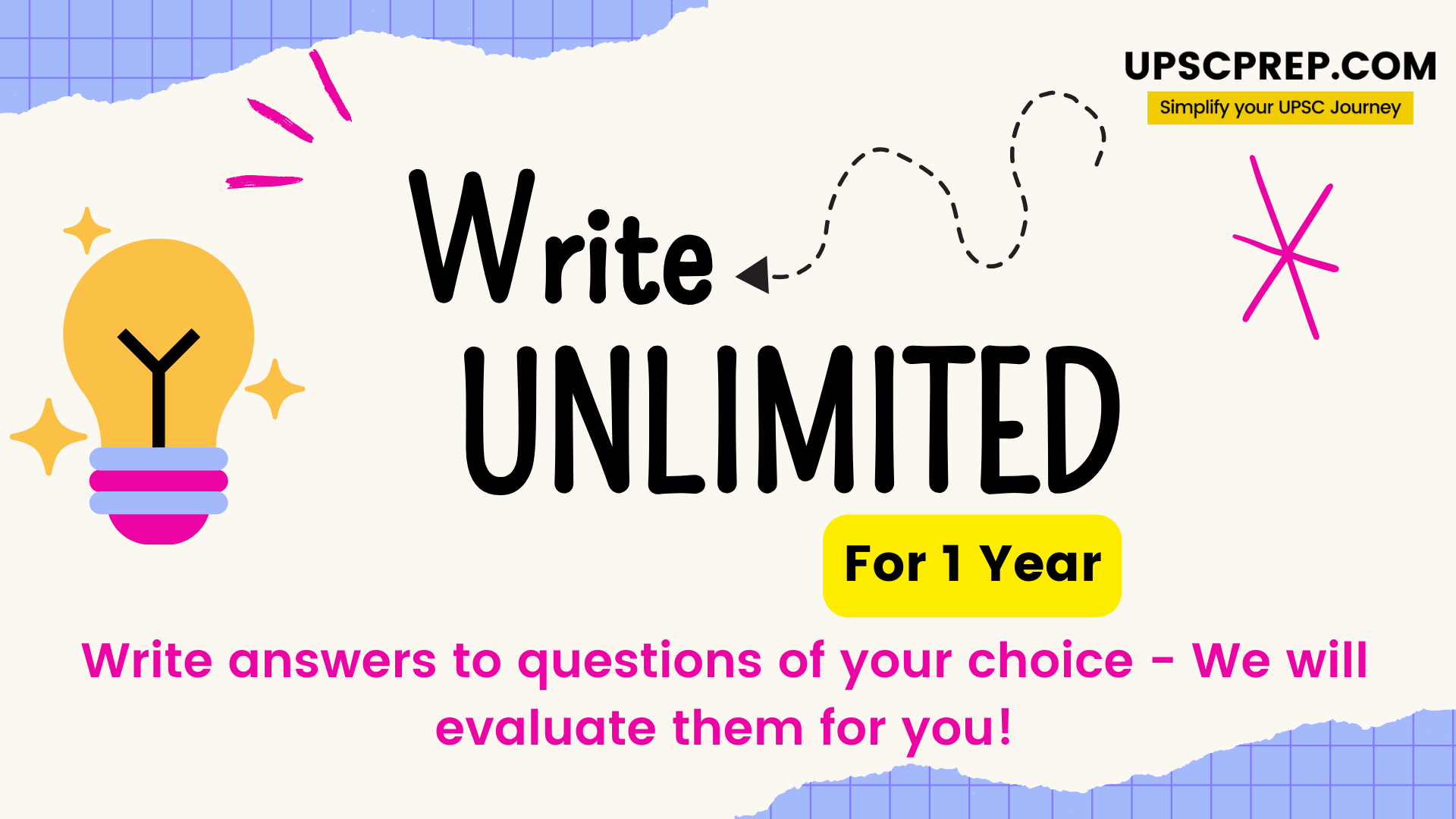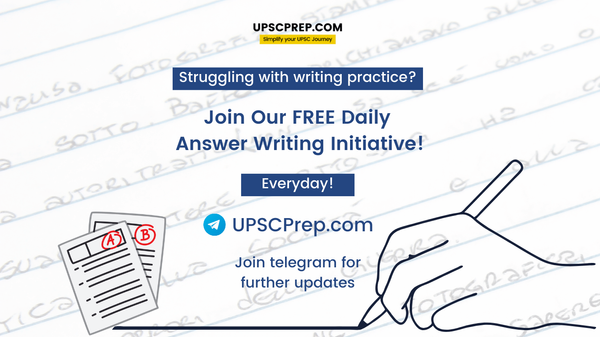Subject: GS 4
Syllabus: Contributions of Moral Thinkers and Philosophers
Questions
- Gandhiji was not a philosopher as far as politics is concerned, because his sayings poured from his deep felt truth and its sincere realization. Comment. (150 Words, 10 Marks)
- Explain the following quote: “The highest education is that which does not merely give us information but makes our life in harmony with all existence.” (150 words, 10 Marks)
Download Model Structures PDF
Model Structures
Q1. Gandhiji was not a philosopher as far as politics is concerned, because his sayings poured from his deep felt truth and its sincere realization. Comment. (150 words)
Introduction
- Gandhian thoughts were followed in the early 20th century and are still relevant as he inspired nobel souls like Einstein, Nelson Mandela, Martin Luther King JR, Barack Obama etc. This is because his message is not political alone but is meant for the wholesome development of humankind.
Main body
- Going by nature of his ideas and their overview, it can be said that he was not committed to any particular school of thought. His ideas and speech came from writings in particular situations resulting in revision of ideas from time to time. But it has to be stressed that his basic and root ideas remained the same.
- His thoughts were not like a thinker but there was a conceptual framework, common to a philosopher. His thoughts are based on both Eastern and Western ideology and traditions. This is due to the time spent in South Africa and other overseas territories and also in India.
- He was not a political philosopher, but when he stepped into freedom struggle and got into the political current, he developed an ideology of his own.
- For him, without involvement in politics, it is impossible to remove socio-economic exploitation and political subjugation and thereby moral degradation of the people.
- By getting into the freedom struggle and the ideas behind it, Gandhiji focused on Dharmic politics which meant removal of corrupt men and sectarianism. He didn’t accept any fixed dogma or mechanical way of politics.
Conclusion
- Gandhian politics had utmost concern for the disunion between state and civil society. His philosophy integrated moral, ethical and spiritual well being into a political way of helping India transition into an independent nation.
Q2. Explain the following quote: “The highest education is that which does not merely give us information but makes our life in harmony with all existence.” (150 words)
Introduction
- Education is the basic foundation of human character, giving information and helping us build opinions and viewpoints. But that is not the ultimate goal because according to Rabindranath Tagore, education may make one powerful but self fulfillment is attained through compassion and empathy.
Main body
- Role of education according to him includes-
- Creating healthy and wholesome personalities capable of rising above differences with a broader look towards life and diversity. It should inculcate a spirit of empathy, service and self sacrifice which helps improve conditions of marginalised people.
- Generating a sense of importance attached to things around us resulting in sustainable utilization of things around us.
- Ultimate goal is to promote unity among people rather than uniformity. It prevents blind imitation of dominant patterns in society and creates peaceful and harmonious society.
- Global challenges like climate change, terrorism, refugee crisis etc need collective action. It requires understanding issues from different perspectives.
- Appreciating diversity leads to evolution of society rather than stagnation.
- Knowledge about the significance of things around us leads to resource conservation, adoption and mitigation. Indian society is divided along numerous fault lines and such a mindset can result in holistic development.
Conclusion
- Such an education system needs contribution from all stakeholders of society. Focus must be on producing global citizens rather than profit makers, which requires happy synthesis between individual and society to realize unity to individual with rest of humankind.

Write UnLimited Course (1 Year)
Write answers from any source, we will evaluate them for you.
